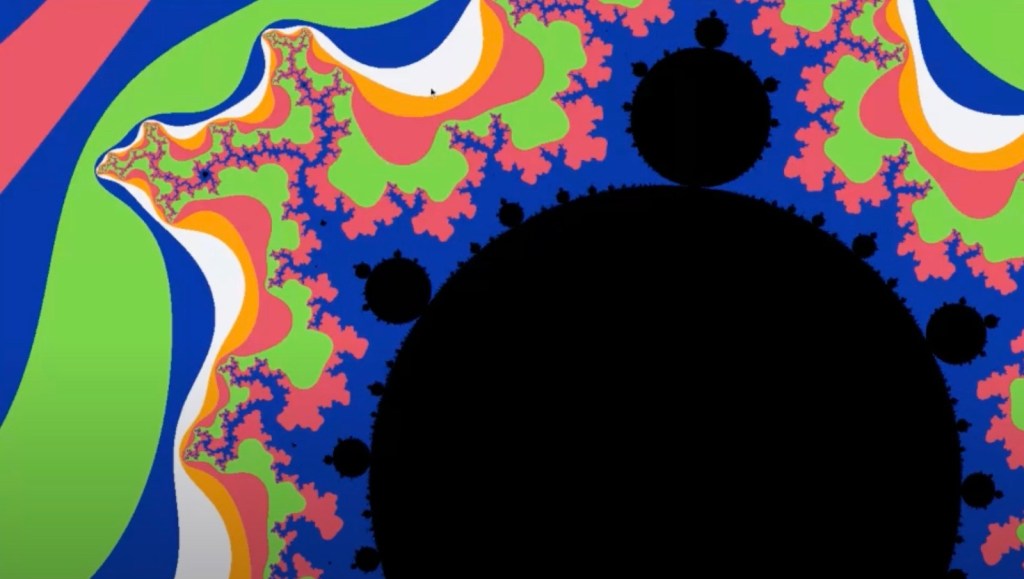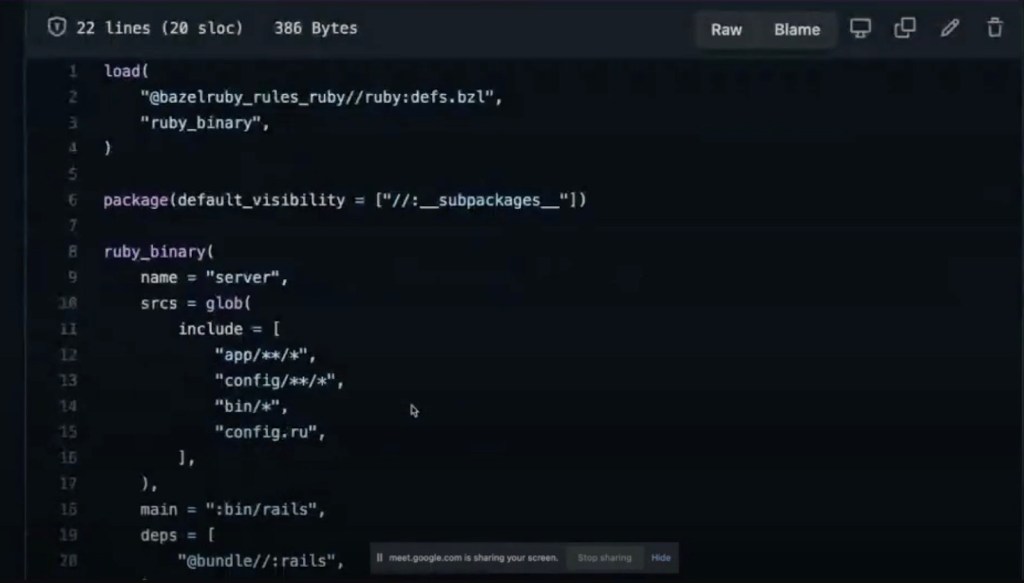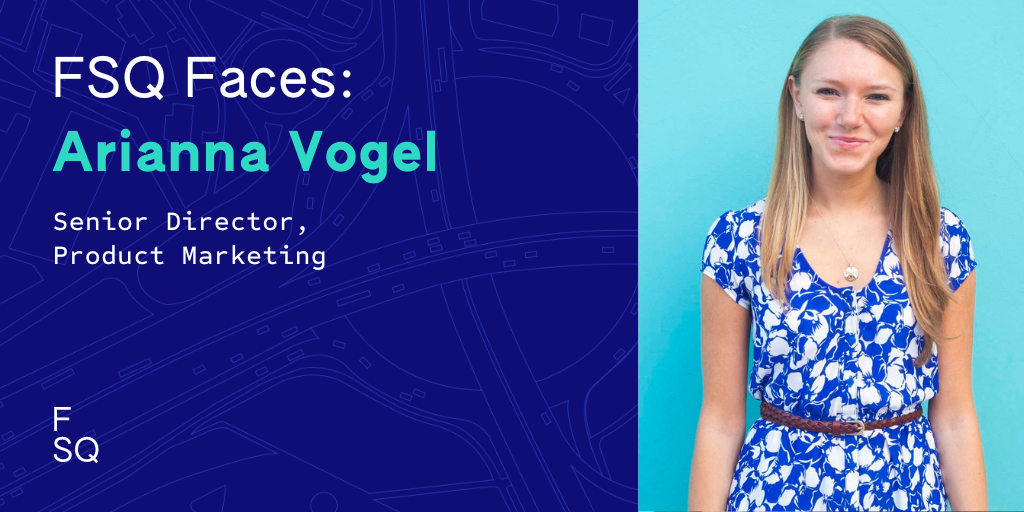Here at Foursquare, we regularly host hackathons amongst our product and engineering teams to foster innovation, provide a change of pace, and cultivate diversity of thought, offering an opportunity to work with new people. People come together (optionally) in our physical locations in LA, NYC, Chicago and Seattle for hacking, presentations, and copious amounts of food.
Our most recent hackathon involved “shiny new things,” but also “move faster, build better” projects, where teams addressed day-to-day problems they face – i.e., making their own lives easier. The best hackathon projects were creative, sophisticated, impactful and realistic. Teams of up to five people spent two days working on a project, then shared the results, making the case for their cool idea. Here are some highlights…
Wordle, for places you’ve been

Inspired by Worlde, one engineer created a game that picks a place where a user has checked in on Swarm, and challenges them to guess the POI. Once they guess, the game indicates if you’re getting hotter or colder based on a ‘venue similarity’ score, as well as other factors such as proximity, time of day visited, visit frequency, and visit recency. It also gives hints based on things both venues are known for (e.g. coffee or free wifi). Game on!
Juking the stats

Looking to improve internal collaboration, one team developed a simple webpage that enables engineers to quickly and easily identify subject matter experts at the company who are proficient in different tools, languages, etc. For example, users can search for a given language (e.g. Python), and find engineers at the company who have written code in Python with links to examples.
Place the place

One software engineer built a game to test your knowledge of a city using our Places API. In a browser, you enter a city and the game displays the top 10 most popular POI (e.g. Millennium Park in Chicago). Players must drop a pin for each POI as close to their actual locations as possible. The game then reveals how close you were, calculating ‘total offset.’
Mandlebros

Albeit somewhat less practical, one person opted to write a mandelbrot set generator in ScalaJS, producing plenty of beautiful pictures.
Build More Better

Another team spent their time building a Rails App inside Bazel, an open-source build-and-test tool that scalably supports multi-language and multi-platform projects.
And some of my favorites include:
- Building a bot to port peer feedback from Slack into Foursquare’s performance review platform
- Cleaning up our internal wiki using extracted analytics, their API, and a dash of ingenuity
- Ideating on possible improvements to our customer success team’s Attribution feasibility calculator
- Developing a framework to scale up and down test environment resources only as much as needed (and not a cent more)
- Exploring the use of the open source geojson-vt to slice GeoJSON into vector tiles on the fly in Unfolded Studio
The event was a big success. Coming together around creativity and innovation, our engineers got to explore how others across the company work, explored how their skill sets complement one another, and solved some interesting problems. Plus, there was pizza galore.
Looking to solve interesting problems every day using location technology, data and tools? Visit our careers page for our latest job opportunities.



